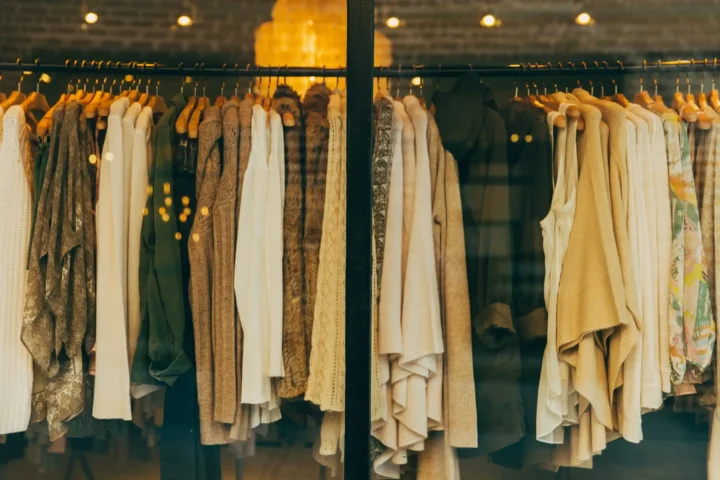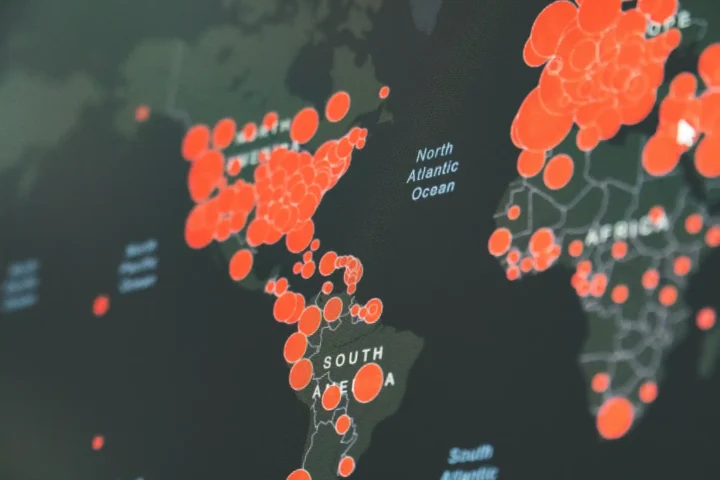A recent call by the United Nations to reform Japan’s imperial succession law has reignited long-simmering tensions between the country’s progressive rhetoric on gender equality and its deeply entrenched conservative traditions.
In October 2024, the United Nations Committee on the Elimination of Discrimination Against Women (CEDAW) urged Japan to revise its 1947 Imperial House Law, which restricts the Chrysanthemum Throne to male heirs. This stipulation, rooted in the 1889 Meiji Constitution, has come under renewed scrutiny amid fears over the imperial family’s future viability. Emperor Naruhito, who turns 65 this year, stands at the center of a dwindling line of succession with only three male heirs remaining—one of whom, Prince Hitachi, is 89 years old.
Public sentiment appears overwhelmingly supportive of change: polls conducted in 2024 showed that 90 percent of respondents favored allowing a woman to ascend the throne. Yet despite growing concern, political movement on the issue remains sluggish. Conservative factions in the ruling Liberal Democratic Party (LDP) continue to resist reform, invoking the supposed sanctity of an “unbroken male lineage.”
Japan’s response to the UN’s recommendation has been anything but conciliatory. In January 2025, Tokyo froze its voluntary contributions to the Office of the High Commissioner for Human Rights (OHCHR) in an apparent protest against what it views as external interference. The Ministry of Foreign Affairs confirmed that while Japan’s annual donations—ranging from 20 million to 30 million yen—had not funded CEDAW activities since 2005, future contributions would now explicitly exclude the committee. A planned visit by the UN body to Japan was also abruptly canceled.
“The eligibility for the throne is not considered a human rights issue,” said ministry spokesperson Toshihiro Kitamura, reflecting an official stance that many critics argue is out of step with global norms.
Japan’s fraught relationship with gender equality extends far beyond the imperial household. Despite decades of promises, the country consistently ranks near the bottom among developed nations in gender equality indices. In the World Economic Forum’s 2024 Global Gender Gap Index, Japan placed 118th out of 146 countries—last among G7 members and trailing regional neighbors such as China and South Korea.
Structural barriers continue to block women’s advancement in politics and business. While female workforce participation has increased, women are often relegated to part-time roles with limited career prospects. Corporate leadership remains dominated by men, and government targets for promoting women to senior roles have been repeatedly lowered or abandoned.
Critics argue that the latest funding cut to the UN reflects a broader pattern in which Japan projects a progressive image internationally while resisting substantive reforms at home. Under former Prime Minister Shinzo Abe, the concept of “Womenomics” was touted as a cornerstone of economic revitalization. However, initiatives aimed at boosting women’s leadership fell far short of their targets. Abe’s foreign policy, too, promoted gender equality largely as a tool for soft power rather than systemic change.
Japan ratified CEDAW in 1985 but has never signed the Optional Protocol, which would allow individuals to bring gender discrimination complaints directly to the committee. Despite significant domestic support—including over half a million petition signatures—successive governments have refused, wary of opening themselves to external scrutiny.
The country’s conservative base, bolstered by powerful nationalist groups like Nippon Kaigi, frames gender equality reforms as foreign impositions. Such groups have significant influence within the LDP and have historically pushed back against initiatives seen as undermining traditional social structures.
Observers warn that Japan’s latest actions could damage its credibility in international human rights circles. “Using financial leverage to silence criticism from an international body raises serious concerns about Japan’s commitment to gender justice,” said one foreign policy analyst.
At home, Prime Minister Shigeru Ishiba’s administration faces growing criticism for sidelining gender equality, reflected in a cabinet heavily dominated by men and a lack of new legislative initiatives.
As the future of the world’s oldest hereditary monarchy hangs on the shoulders of 18-year-old Prince Hisahito, Japan faces a stark choice: cling to historical norms or embrace the principles of gender equality it espouses abroad. Reengaging constructively with CEDAW and committing to meaningful reform could demonstrate that Japan’s international commitments are more than just diplomatic gestures.
Without decisive action, however, the gap between Japan’s global promises and domestic realities risks growing ever wider—threatening not only its imperial institution but its reputation on the world stage.











